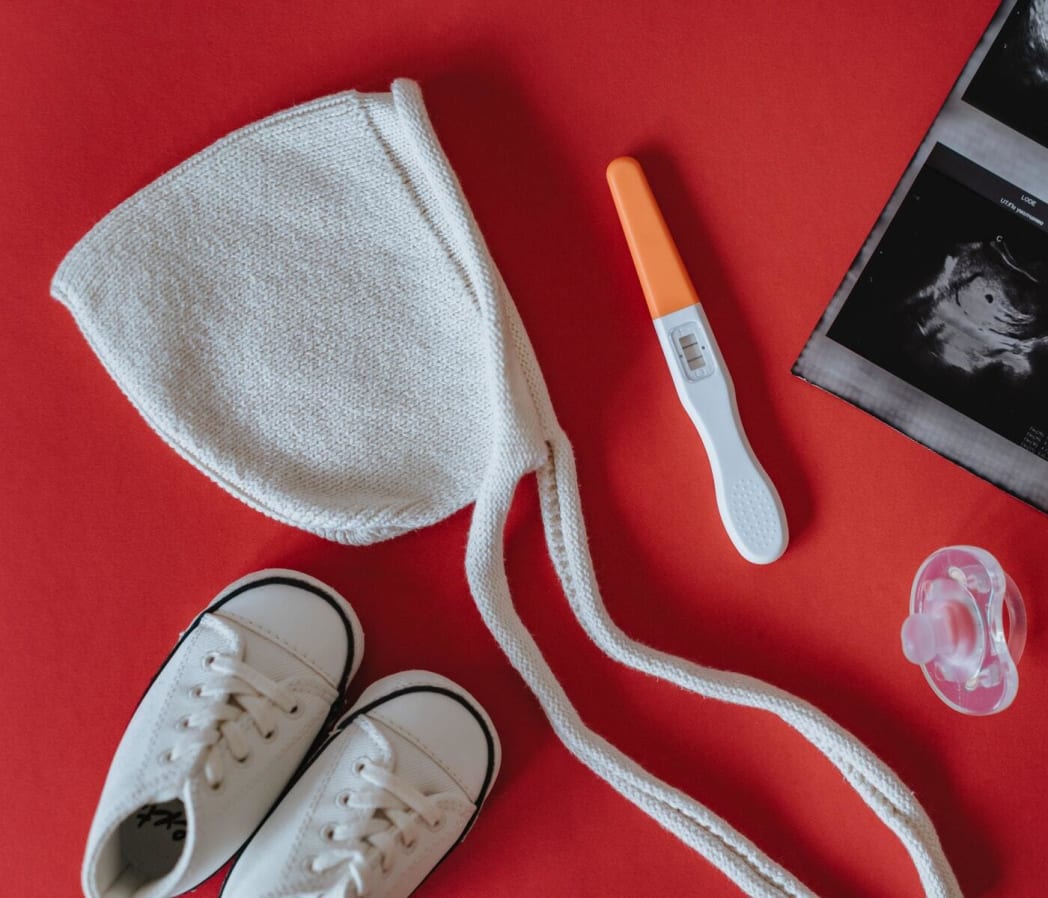
5 Ways To Boost Your Fertility And Reproductive Health From Home!
by Samidh on June 2, 2023 , 5 min read
If you’re a planner that wants to have kids, you may already know a thing or two about fertility. If you have just started planning for parenthood, the term may be new to you!
Fertility refers to one’s ability to conceive a child. Hormones and other physiological processes affecting fertility generally kick in from adolescence, slowly peaking till we hit our optimally fertile age, and then gradually declines as we grow old.
However, fertility or reproductive health should not only be considered in isolation or when linked to conception. For our overall well-being, it is imperative that we take care of our fertility health, just like we do for all the other types of physical and mental faculties. If reproductive health is ignored, it may lead to other physiological or psychological problems in an individual.

To help you effectively take care of your reproductive health, from the comfort of your home, here are 5 easy-to-follow tips.
Quit Smoking And Reduce Your Alcohol Intake.

Excess alcohol intake is believed to alter the hormone levels in the body, which in turn adversely affects your fertility. Although there is no definitive proof yet of exactly how much alcohol is ‘excess’, it is fair to say most scientists agree while one peg of whisky or a glass of wine, every now or then, is fine, any kind of binge drinking or drinking regularly on weekends will adversely affect fertility and other body functions in the long term.
Smoking is well documented to reduce the number of eggs in a female and damage sperm in males. Besides that, smoking has other negative effects such as reduced lung and heart function, decreased appetite and increased chances of cancer, which in turn impact your reproductive health negatively. Cut out smoking, and live a better life!
Eat Fit!

Being a bit picky about what you eat and cutting out “bad” food plays a critical role in your reproductive and general health. Eat a lot of leafy and green vegetables. This will ensure that your daily fibre intake is sufficient, while same time reducing your cravings for junk food. Also, ensure your protein intake is sufficient - it should be a good balance of animal protein (fish and chicken) and plant-based protein (pulses, tofu, nuts and beans). Avoid skimmed milk and consume lots of curd. Avoid all kinds of processed food and drinks like prepackaged meats, microwave foods, soft drinks and chips.
It is also recommended you have a diet rich in folic acid, zinc and vitamins. Opt for natural foods over supplements. Eat lots of leafy vegetables, citrus fruits, whole grains and eggs. Additionally, cut down on the amount of caffeine you consume. Switch to black tea if you absolutely can’t give the caffeine kick up. This should ensure that not just your fertility, but your overall health is in good shape.
Lastly, drink lots of water. This will not just keep you hydrated, but also ensure that your blood circulation improves and you adapt faster to a new diet regime. What’s more, hydration improves the chances of successful fertilisation, helping the sperm enter the cervix by improving the viscosity of the mucous.
Exercise

Don’t roll your eyes yet! Some light exercising has shown to provide great improvements in one’s fertility and other bodily functions. Even if you are not a regular at working out or a gym freak, some light exercise 4-5 times a week will show marked improvements.
It doesn’t have to be an intense workout. Keep it simple - some light yoga, free-hand exercises, or even a 30 min brisk walk could help you markedly. Regular exercise improves your blood circulation and helps you maintain an optimal hormonal balance in your body. Obesity and extra fat can contribute to the excess production of hormones, which is detrimental to your eggs and sperm. With a balanced diet and exercise, you can overcome these challenges and pretty quickly at that!
Be Happy!

Try to avoid stressful situations as much as possible. We understand this may not be a very practical suggestion for people with full-time jobs or domestic commitments. However, following a few simple practices can minimise stress and anxiety.
Get adequate sleep. It is generally accepted that humans need at least 8 hours of proper sleep every day. So don’t stay awake till late, and don’t wake up too early. Find the right balance.
Avoid depressing content on the news and the internet. Watch puppy and cat videos, stand-up comedy or any other type of content that makes you happy. Don’t stare at a screen for too long. Read more books and meet with friends and family. Also, laugh more!
Basically, try and cut out all the things that make you sad or stressed, even if you don’t show it. You’d be amazed at how such simple steps can make a real difference to your general and mental health, as well as with your fertility.
Monitor Your Progress
One thing that we tend to avoid is monitoring our reproductive health on a regular basis. But experts across the world suggest reproductive monitoring can be a vital step in the whole process. Monitoring frequently will give you an idea of the progress you are making and the changes, if any, that you need to make to your lifestyle. Typically, getting a checkup done once a month is recommended. It might differ for some people, and you can fix a schedule that suits you after consulting with your doctor.
So, now that you know what you need to do to improve your reproductive health, get started and see the magic!
If you need medical advice or a personalised plan, you can leave your contact information here and a dedicated customer relations manager will call you to discuss the details further.
Subscribe to our newsletter to stay up to date with news around the world on reproductive and sexual wellness.